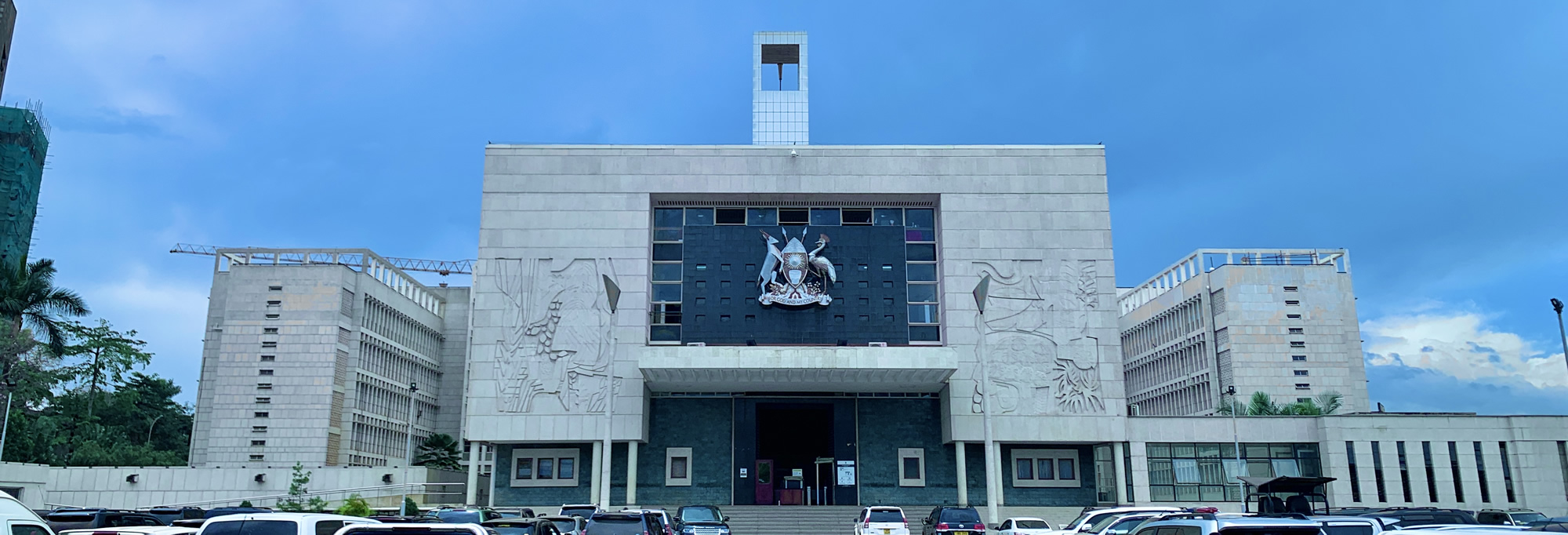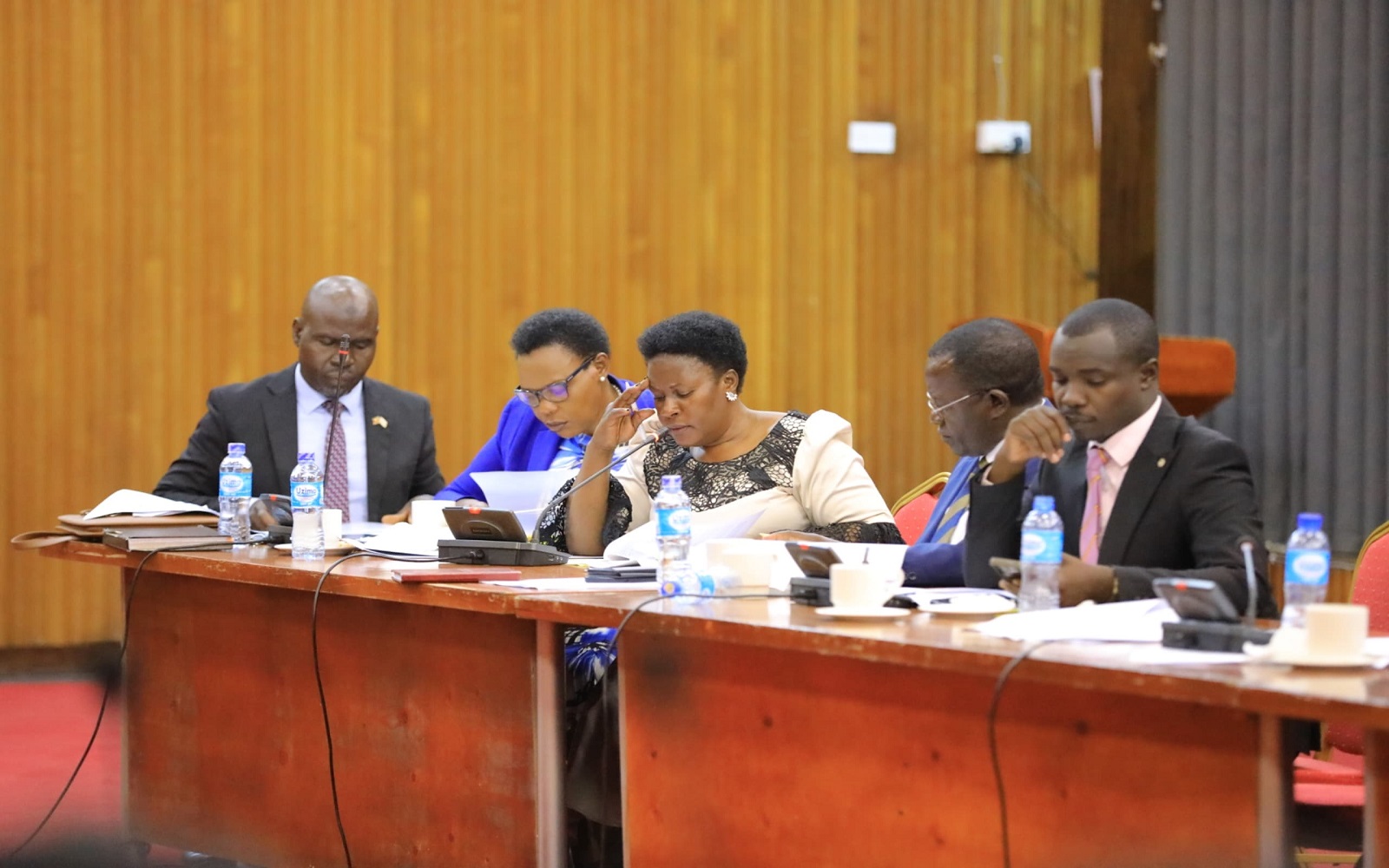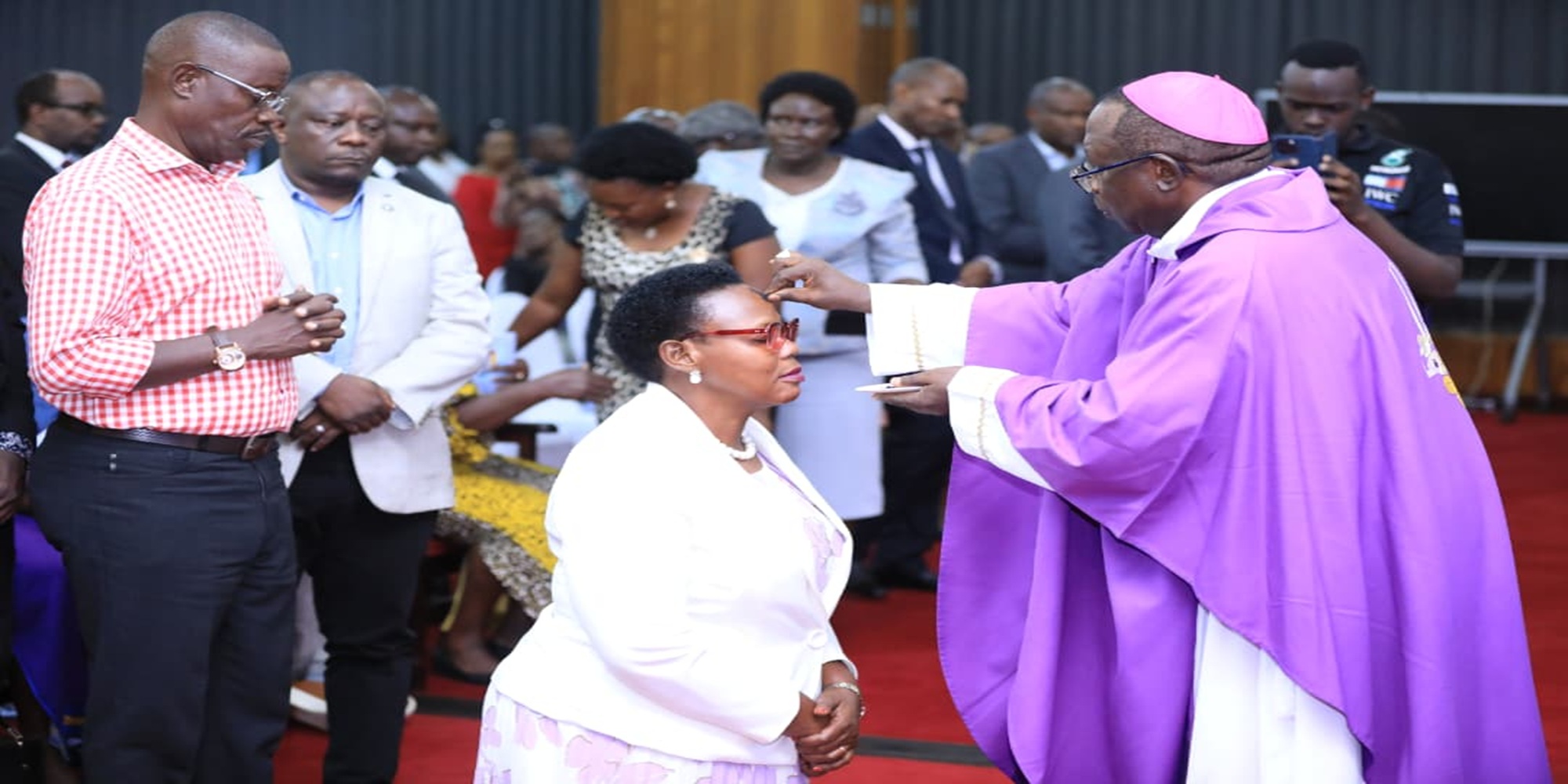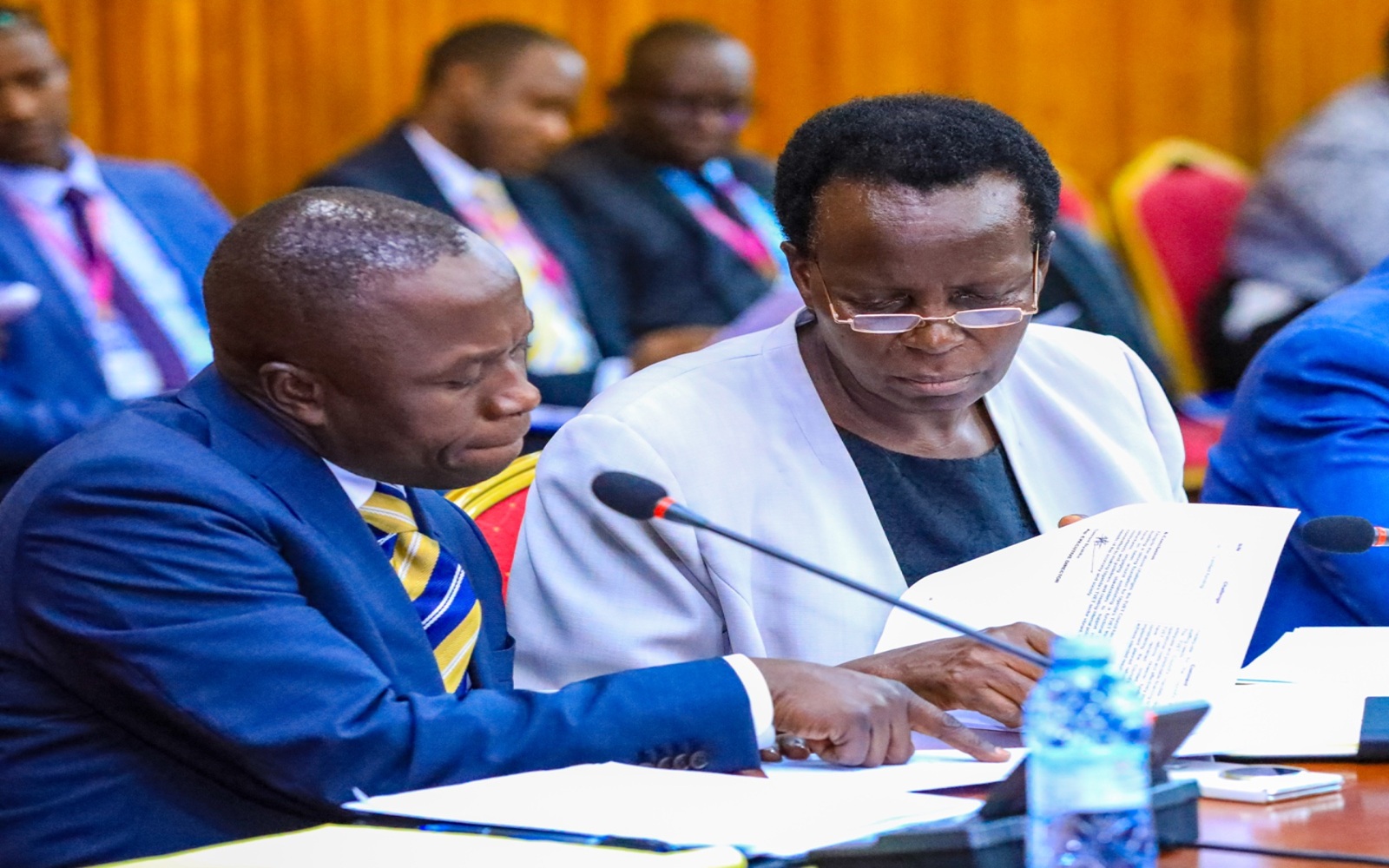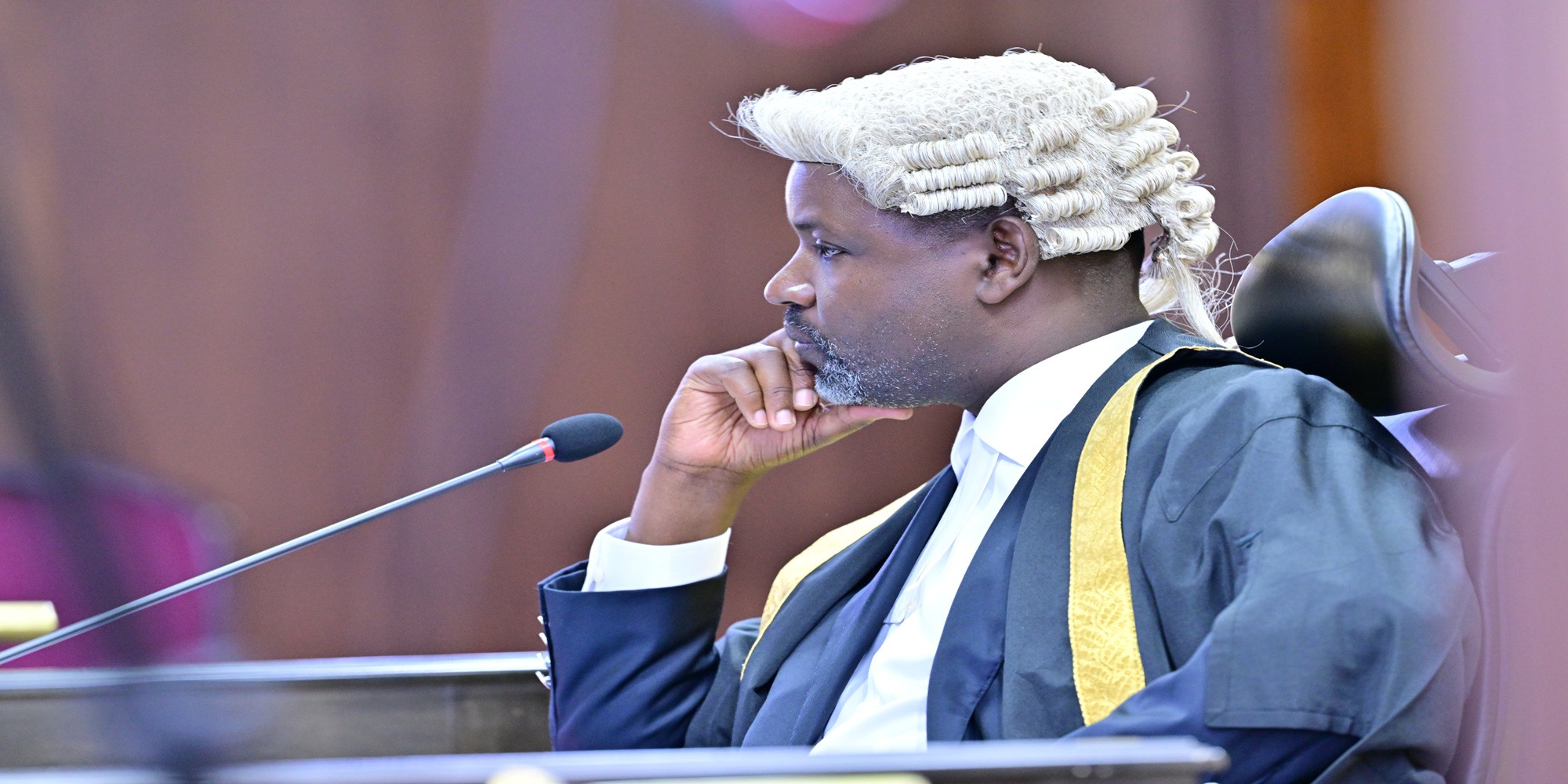Makerere University leadership has proposed that enhanced remuneration of teachers should be included in the National Teachers Bill, 2024.
The call was made on Tuesday, 01 October 2024 during a meeting between the Committee on Education and Sports with officials from public universities, the National Council of Higher Education (NCHE) and the Ministry of Education and Sports.
The committee is considering the National Teachers Bill, 2024.
Leah Sikoyo, Senior lecturer in the School of Education at Makerere University, said that whereas the Bill proposes minimum qualification of Bachelor’s degree for teachers, their pay should be commensurate with qualifications.
Clause 28 of the Bill states that for one to be registered as a teacher, he/she should possess a degree in education and has undertaken an internship programme.
“If we are requiring teachers to upgrade and grow within the system, there should also be a harmonised increment in the remuneration. We already have a challenge that teachers have attained qualifications higher and above and they still take a minimum pay,” she said.
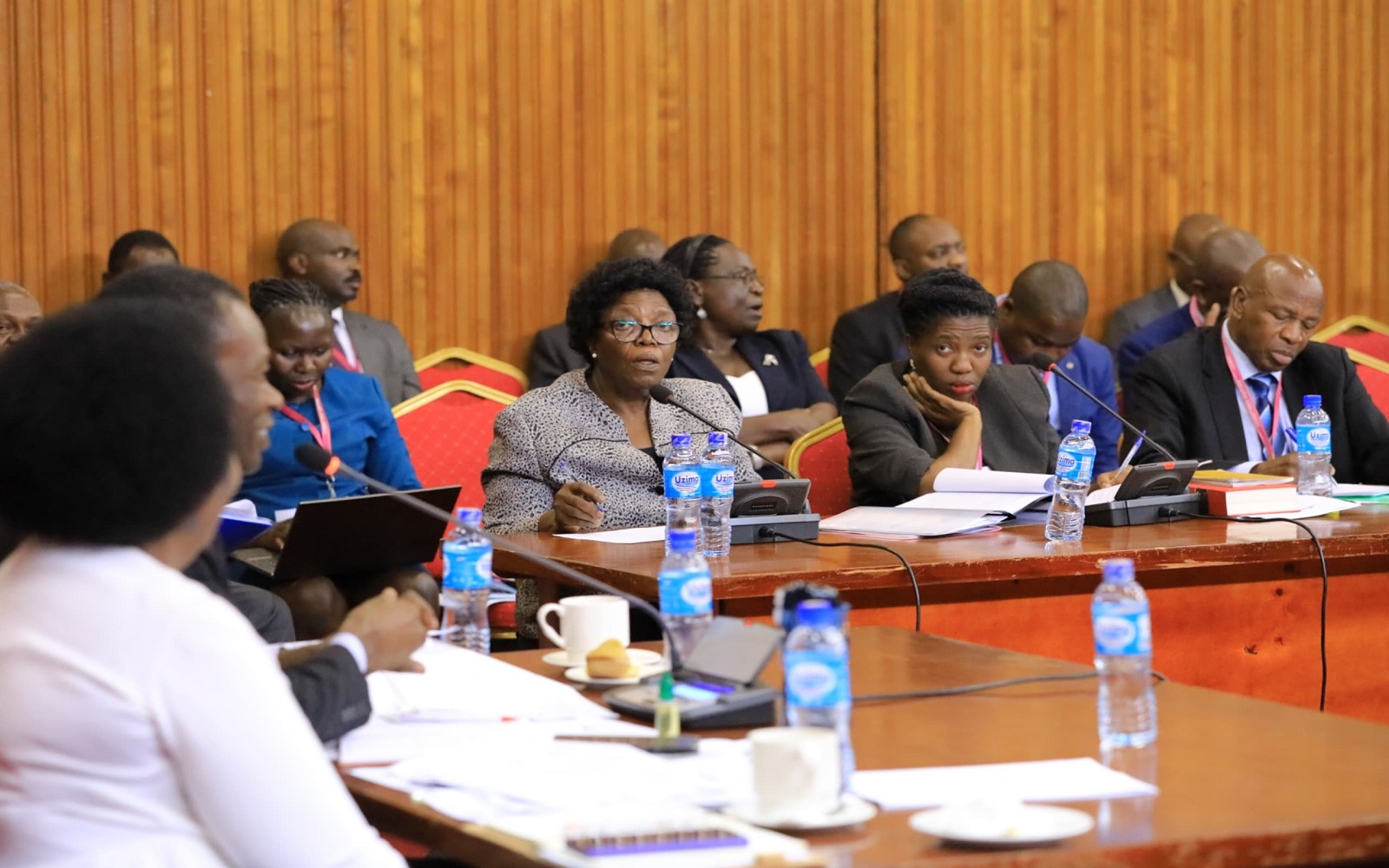
Dr David Kabugo, Director Centre for Teaching and Learning, Makerere University said that considering enhanced teacher remuneration in the law is essential in attracting qualified teachers.
“The Bill does not mention salaries and benefits of teachers. We are troubled with the teacher burn out and well-being and yet the Bill is only focused on regulation and qualification,” he added.
The Dean of Education of Kabaale University, Frederick Ssempala, proposed that a penalty for unethical conduct of teachers should be a fine of Shs20 million up from the Shs5 million proposed in the Bill.
“The Bill is lenient on unethical conducts of teachers. 1,000 currency points will act as a deterrent measure to curb acute teacher indiscipline which is crippling the teaching profession in Uganda,” said Ssempala.
Meanwhile, officials from NCHE said that there is need for the proposed law to clearly define their mandate and that of the National Teachers’ Council (NTC).
NCHE’s Executive Director, Prof. Mary Okwakol, said that clarity will address the current conflicting mandates of the two education bodies, adding that the NCHE should be left with the mandate to regulate the quality of teaching while NTC focuses on the professional practice.
“We think that the National Teachers Council should focus on quality of professional practice. We are experiencing problems where the laws give conflicting mandates,” Okwakol said.
She added that, ’there are councils that have gone ahead to announce that they have accredited programmes which is not their mandate. The danger here is that the body accredits a programme and as long as NCHE has not accredited, we cancel and that is a danger’.
Hon. Nathan Itungo (NRM, Kashari South County) questioned why the NCHE did not harmonise with the education ministry on the issue of mandates of the two entities.
“Why didn’t the ministry consider your views in the Bill? We are also seeing the conflicting mandates and we are happy that you have pointed that out,” he said.
The object of the Bill is to establish the National Teachers Council and to provide for, management of internship programme for teachers, regulation of the teaching profession, licensing and registration of teachers and disciplinary procedures for teachers.
